Layer 2 Blockchain Scaling Solutions: Why UAE Startups Are Adopting Them Fast
August 14, 2025
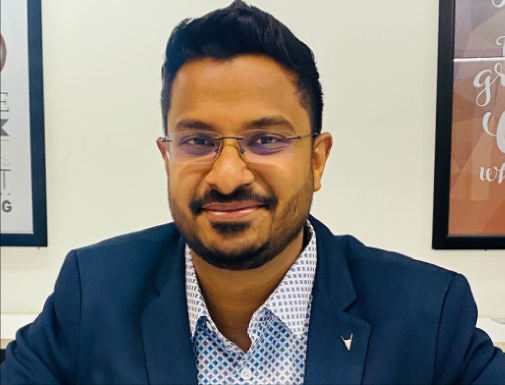
Ayush Kanodia
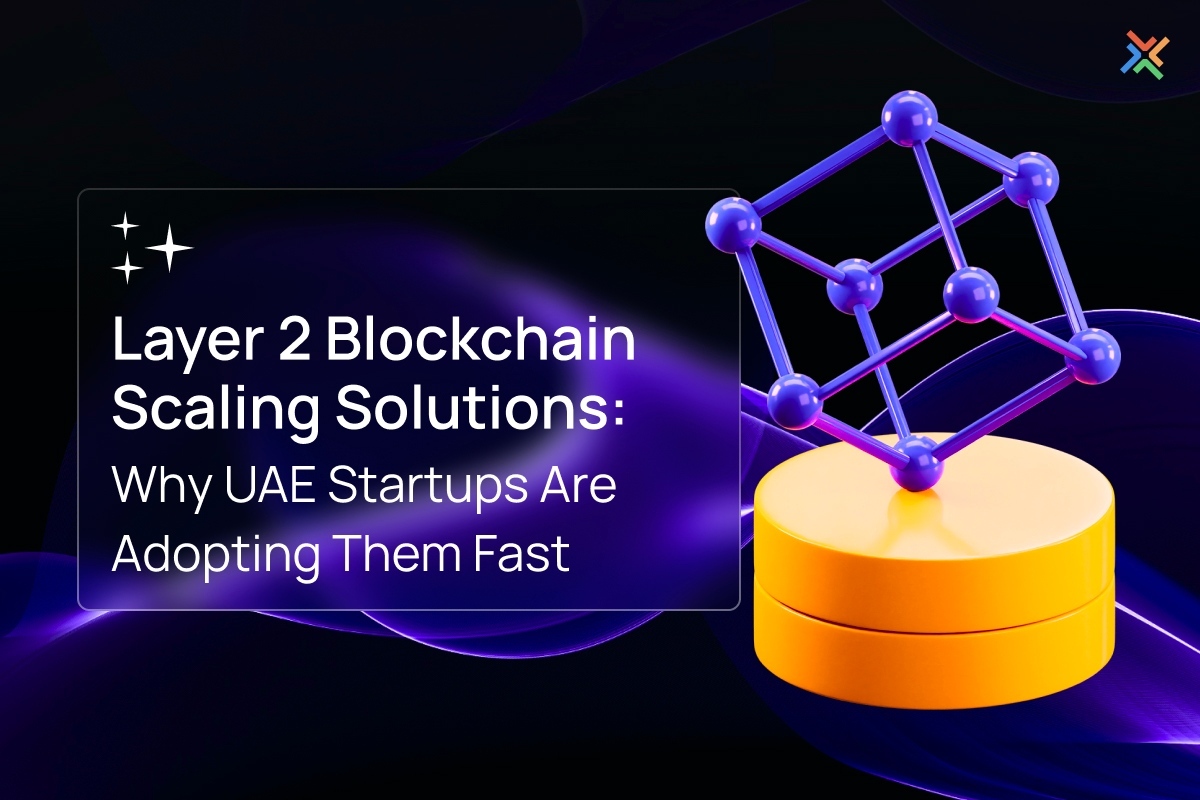
The United Arab Emirates has become one of the most dynamic markets for blockchain innovation. With hundreds of blockchain startups operating in the region, competition is fierce, and the demand for scalable, cost-effective infrastructure is stronger than ever.
Many of these startups are discovering that growth is limited if their applications run entirely on congested Layer 1 networks such as Ethereum. High gas fees, slow confirmation times, and limited transaction capacity can create barriers for both users and businesses.
Layer 2 blockchain scaling solutions have come up as a practical way forward. By processing transactions off the main blockchain and settling results back to it securely, Layer 2 offers faster speeds, lower costs, and the ability to scale without compromising trust. This blog walks through what Layer 2 technology is, why it is a good fit for the UAE startup ecosystem, and how it is already being used across sectors.
Understanding Blockchain Scalability Challenges
Scalability is one of the most common pain points in blockchain adoption. Public blockchains like Ethereum and Bitcoin are secure and decentralized, but they have limited throughput. Ethereum can handle roughly 10 to 30 transactions per second, which is not enough for high-volume applications.
When demand surges, the cost to process a transaction rises sharply. This is because users compete for limited space in each block, bidding higher fees to get priority. For startups, this is more than just a technical issue. High fees can discourage customers from using their platforms. Delayed transactions can lead to poor user experience and lower retention rates.
For UAE-based startups, this problem is amplified by the ambition to scale quickly. Whether in fintech, gaming, or supply chain solutions, the ability to serve thousands of users in real time is essential. This is where blockchain scalability solutions such as Layer 2 come into play.
What Are Layer 2 Blockchain Solutions
Layer 2 solutions are protocols built on top of a Layer 1 blockchain to handle transactions off-chain while still relying on the base layer for security. The idea is simple: reduce the workload on the main blockchain by moving most transactions to a faster secondary layer, then record the final state back on Layer 1. Common types of Layer 2 solutions include the following.
Optimistic rollups: Bundle transactions and post them to Layer 1 with an assumption of validity. Fraud checks are triggered only if a dispute arises.
ZK-rollups: Aggregate transactions and post a cryptographic proof to Layer 1, verifying the batch without revealing the underlying data.
Sidechains: Independent blockchains that run parallel to the main network and connect to it periodically.
State channels: Allow two or more parties to transact off-chain and only record the final outcome on the main chain.
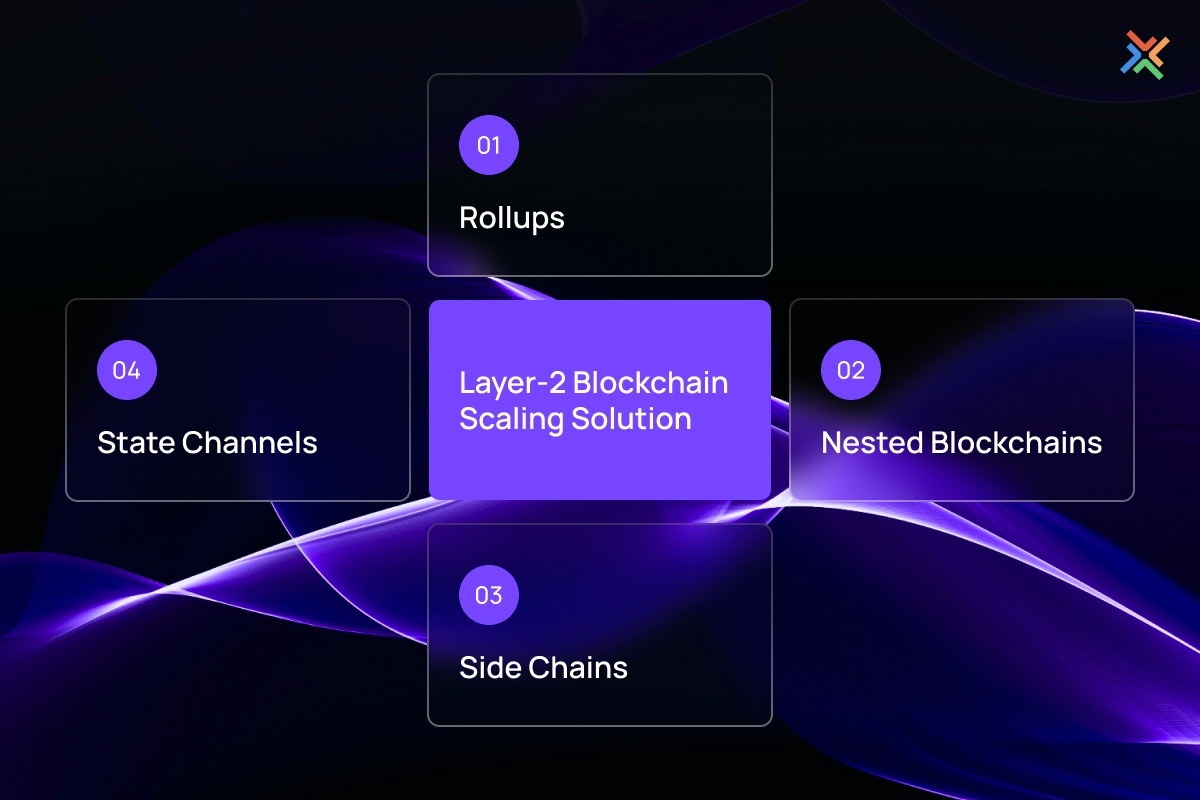
These approaches facilitate significantly higher transaction throughput, often at a fraction of the cost. For Ethereum users, this can mean going from paying several dollars per transaction to paying only a few cents, while also cutting confirmation times from minutes to seconds.
Key Benefits of Layer 2 for UAE Startups
Speed and Throughput
Layer 2 solutions can handle thousands of transactions per second, making them ideal for applications with heavy user activity.
Lower Transaction Costs
By aggregating and compressing data before it reaches Layer 1, Layer 2 solutions reduce the gas fees users need to pay.
Maintained Security
High-quality Layer 2 protocols inherit the security of their Layer 1 chain, ensuring that funds and data remain protected.
Better User Experience
Fast confirmations and low fees create a smoother onboarding process and reduce user drop-offs.
Scalability for Growth
Startups can plan for larger user bases without worrying about sudden spikes in cost or degraded performance.
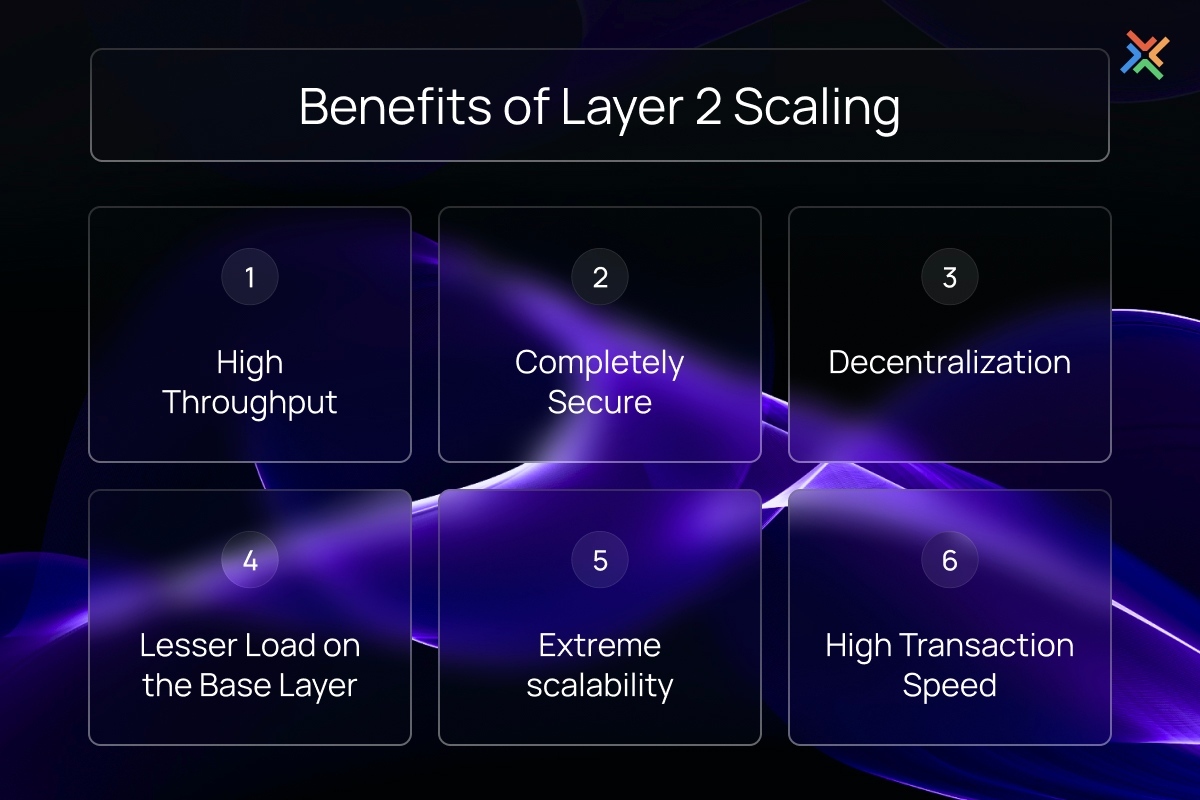
When combined, these benefits allow UAE startups to compete on both local and global stages while controlling costs and delivering a better product.
Why UAE Startups Are Adopting Layer 2 So Quickly
Thriving Blockchain Ecosystem
Dubai, Abu Dhabi, and other emirates have become leading destinations for blockchain ventures. Innovation hubs, accelerators, and government-backed initiatives have created a supportive environment for experimentation and deployment.
Regulatory Support
Clear frameworks and regulatory sandboxes allow startups to launch and iterate quickly without excessive legal uncertainty.
Skilled Development Resources
The UAE is home to blockchain development companies with hands-on experience in implementing Layer 2 networks like Polygon, Arbitrum, and zkSync.
Real-World Examples
Gaming: UAE gaming startups are using rollups and sidechains to enable instant in-game transactions and low-cost NFT transfers.
Fintech and DeFi: Platforms are integrating with Polygon to allow cross-border transactions at minimal fees.
Supply Chain: Enterprises are adopting Layer 2 for tokenized shipment tracking with instant verification.
The ability to move faster, save costs, and serve a growing user base makes Layer 2 an obvious choice for ambitious UAE projects.
Choosing the Right Layer 2 for Your Startup
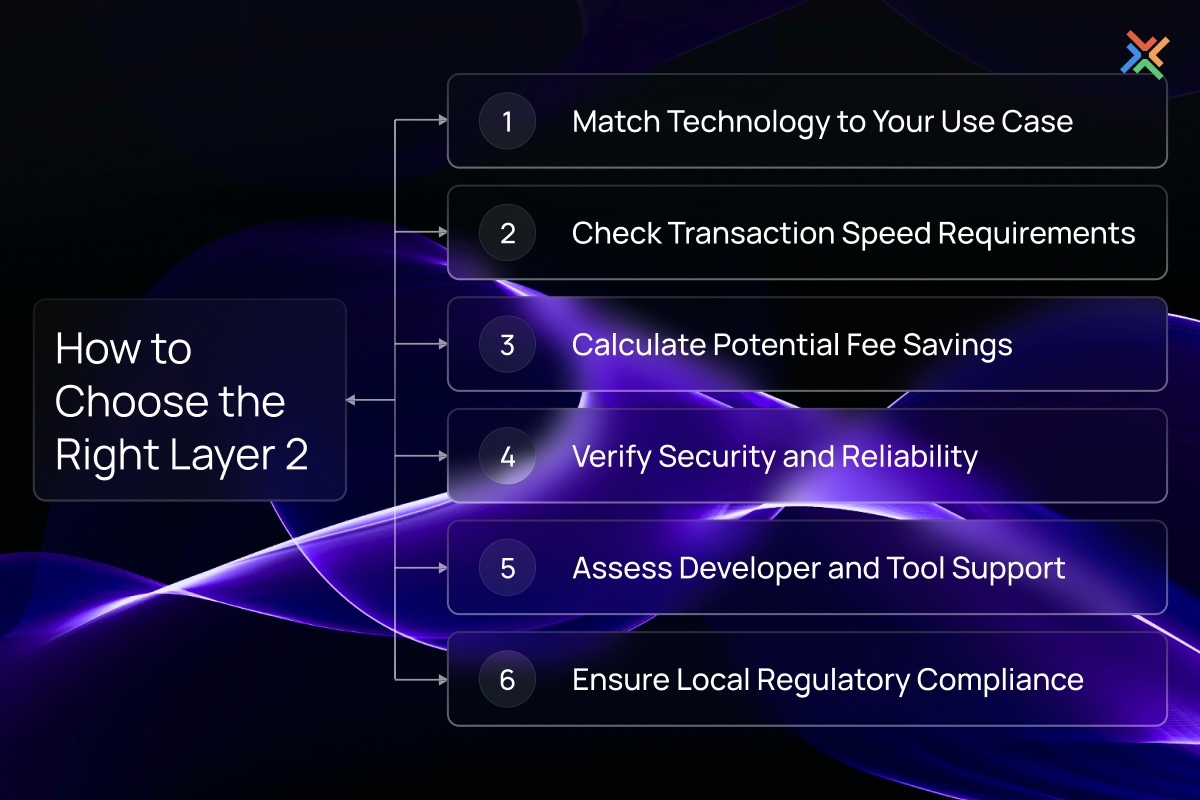
Not all Layer 2 solutions are the same. Selecting the right one depends on your business model, transaction volume, and technical needs.
If your platform requires frequent, small-value transactions, a high-speed rollup may be best. If privacy is critical, ZK-rollups offer advanced cryptographic guarantees. Sidechains may suit applications that need custom rules or higher flexibility.
Working with a blockchain development company in the UAE can help ensure that your Layer 2 integration is not only technically sound but also aligned with regulatory requirements. The right partner will assist with architecture design, smart contract audits, and ongoing optimization.
Sector-Wise Opportunities for Layer 2 in the UAE
The UAE’s blockchain economy is diverse, with each sector facing unique challenges that Layer 2 can address.
In fintech and DeFi, startups are reducing settlement times and costs, opening access to wider markets. The gaming industry is using Layer 2 to process thousands of microtransactions without pricing players out. Logistics and supply chain operators are applying Layer 2 to record and verify shipments in real time, improving transparency. In real estate, innovators are using it for fractional ownership platforms and international property token sales, significantly reducing fees and improving transaction speeds.
The adaptability of Layer 2 technology means that almost any blockchain use case in the UAE can benefit. Startups that implement it early will be positioned to scale more effectively and reach a broader audience.
Conclusion
Layer 2 blockchain scaling solutions are no longer optional for serious blockchain ventures in the UAE. They offer a direct path to lower costs, faster transactions, and greater capacity without sacrificing the security of the underlying blockchain.
For startups aiming to capture market share quickly and maintain a competitive edge, adopting Layer 2 early can turn scalability from a limitation into a strategic strength.
If you are planning to integrate or upgrade your blockchain infrastructure, consider partner with an experienced blockchain development company in the UAE. At WDCS Technology, we provide blockchain development services in the UAE that are customized to your sector, making sure that your Layer 2 implementation delivers both performance and compliance.
Scale your blockchain applications efficiently with WDCS's proven Layer 2 implementation and optimization services.
WDCS Technology delivers end-to-end Layer 2 integration services that cut costs, accelerate transactions, and enable large-scale adoption. Partner with us to design blockchain systems that stay fast, reliable, and compliant as your user base grows.